The problem with upgrading from DSC is that the process appears to stall or fail. That’s because as shown in this screen shot, not all applications being upgraded seem to have successfully completed the process. Most will appear to stall in the “Waiting for upgrade” status. One way to determine if the upgrade was successful is to close and restart DSC. Alternatively, running apt-get upgrade from the command-line will also work. This is a known problem with DSC because I observed the same behavior in the stable edition before this latest release.

This screen shot shows a partial list of installed applications. DSC’s Uninstall tab is what you click when you want to uninstall applications.

Unlike in Ubuntu’s Software Center, where application search results jostle for recognition with entries for online and print magazines, searching in DSC is all about applications, nothing more. The search box’s auto-complete feature makes it easy to locate the application you are looking for. If you ignore the suggestions and hit the Enter key after typing in a search string, the results might not contain the application you want, even if it is in the repository. So when searching, the trick is to take advantage of the auto-complete feature.

This screen shot shows what happened when I ignored the auto-complete suggestions when searching for libdvdcss. Lidvdcss2, the actual application in the repository, is not included in the search result. If I had accepted the auto-complete suggestion or used libdvdcss2 as the search string, that’s what would have been returned.

If the search string does not match the name of an application and also does not appear in the description of any other application, the system will return no results, and you will get the funny graphic shown in this image. For this image, I tried to search for Arista just by typing “arist” as the search string. Arista is a media conversion application with a simple-to-use graphical interface. It is in the repository.

As I alluded to earlier, authentication is not required to use any graphical application in Linux Deepin 12.12. So when logged in using the built-in Guest user account, it is possible to install applications that are accessible system-wide, but not uninstall those installed by other users. As a guest user, DSC will actually not show you the list of installed applications. As a Standard (non-admin) user, it is also possible to install applications, and DSC will show you the list of installed applications, the same view as an administrator. However, any attempt to uninstall an application will actually start the process, but will hang at “Waiting for uninstall”.

I don’t see the wisdom in not requesting authentication to use these applications. It just doesn’t make sense. A guest user should have no business installing applications system-wide and a standard user should not even be able to initiate the uninstallation of applications.
To sum, it’s commendable that Deepin’s developer chose to roll their own desktop environment, much like Linux Mint’s developers did. And there’s a lot to like about DDE, but at this stage in its development, there are still rough edges that need to be take care of. The good news is they are comparatively minor bugs, nothing that cannot be fixed before the next public release. However, what’s not a bug is not requesting authentication for using graphical management applications. That’s a bad design implementation that needs to be rolled back, for security’s sake.
Resources: You may download an installation of Linux Deepin 12.12 from here.
Screen Shots: Just a few more screen shots from my test installations of Linux Deepin 12.12
This shows the desktop sporting another desktop background. By default, the desktop backgrounds are slideshows.

I very much like that the timezone menu has been made very compact, so no endless scrolling is required to find your local timezone.

Graphical list of genre available in DMusic.


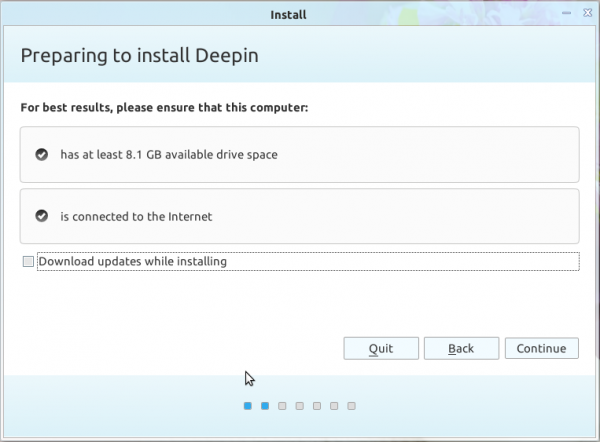
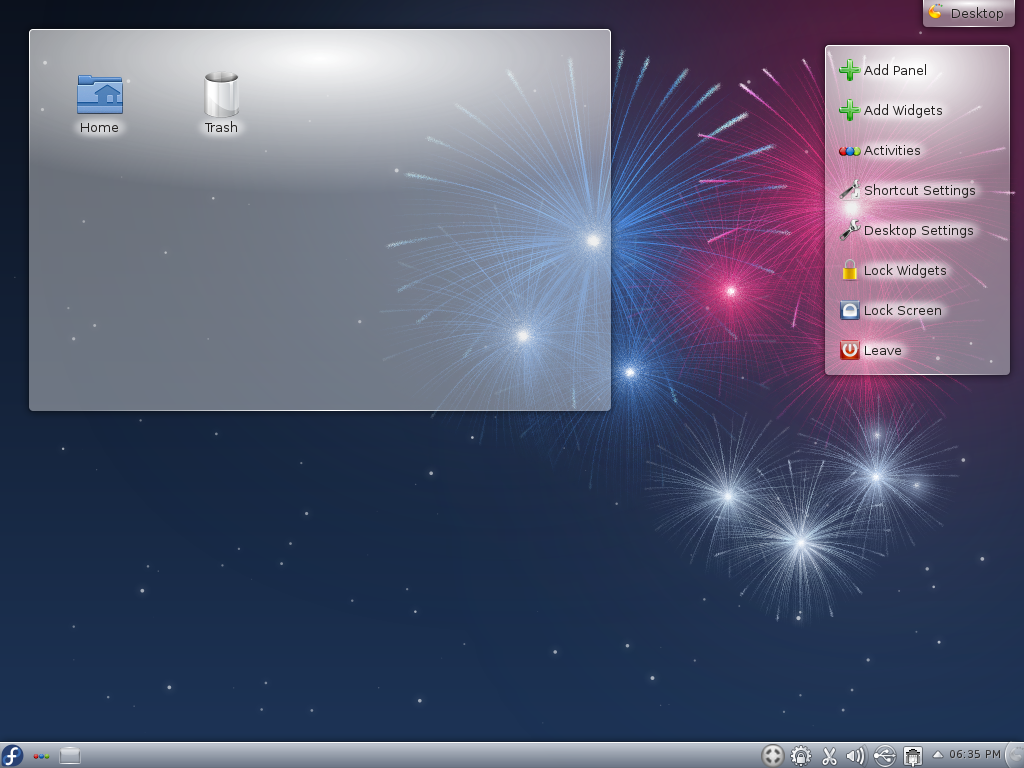
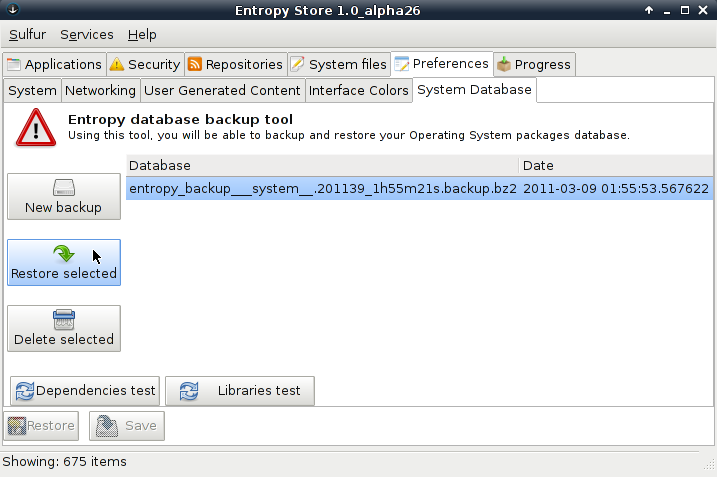
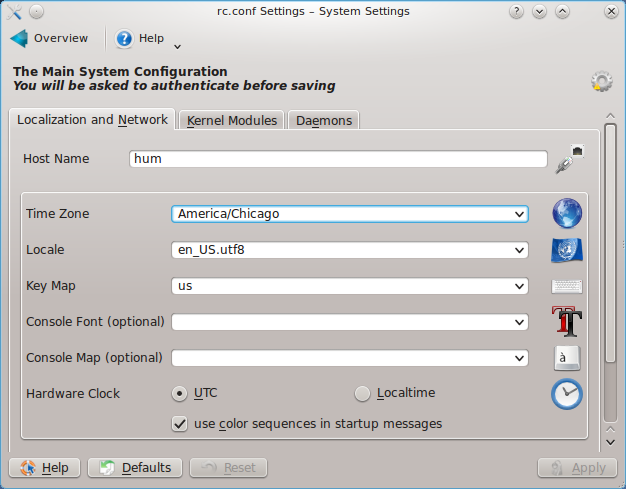
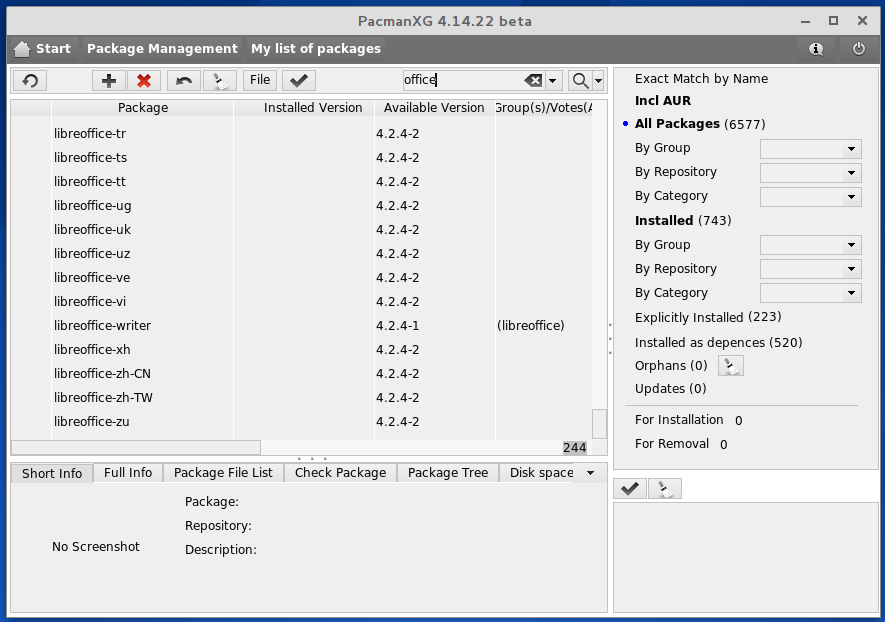


what i like about deepin is that it comes with flash, some codecs, kingsoft, and skype. i hate how the most popular distros all lack these. i also really hate libre office, because it does not open well on most distros, so it’s always good to have an alternative.
Skype? Isn’t that spyware!
I have tested this distro a lot and it is a shame to find so severe showstopper bugs with dependencies and instability of many apps. This could be avoided with proper testings. These bugs are notorious.
Very detailed!I think this is a very good Linux distribution